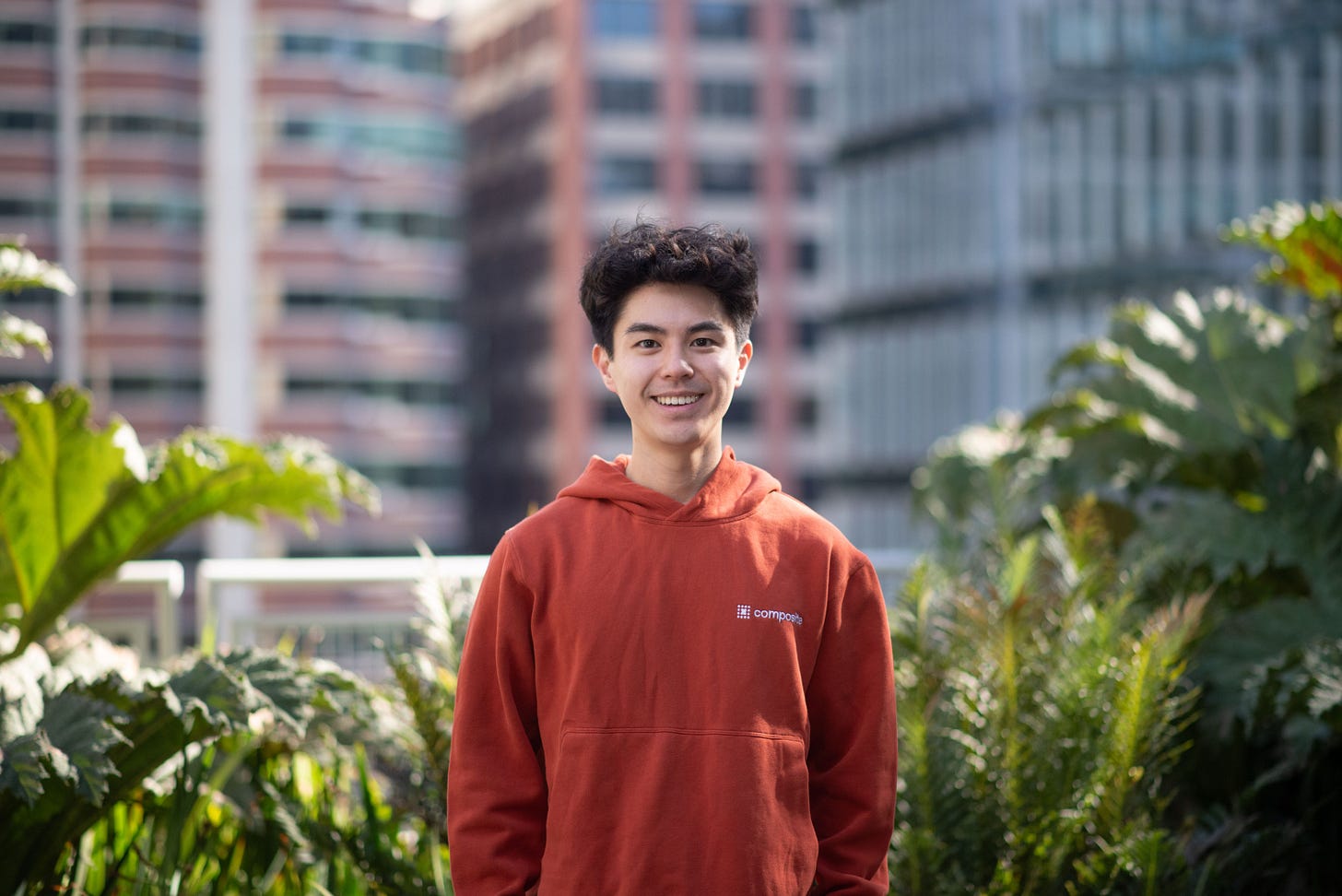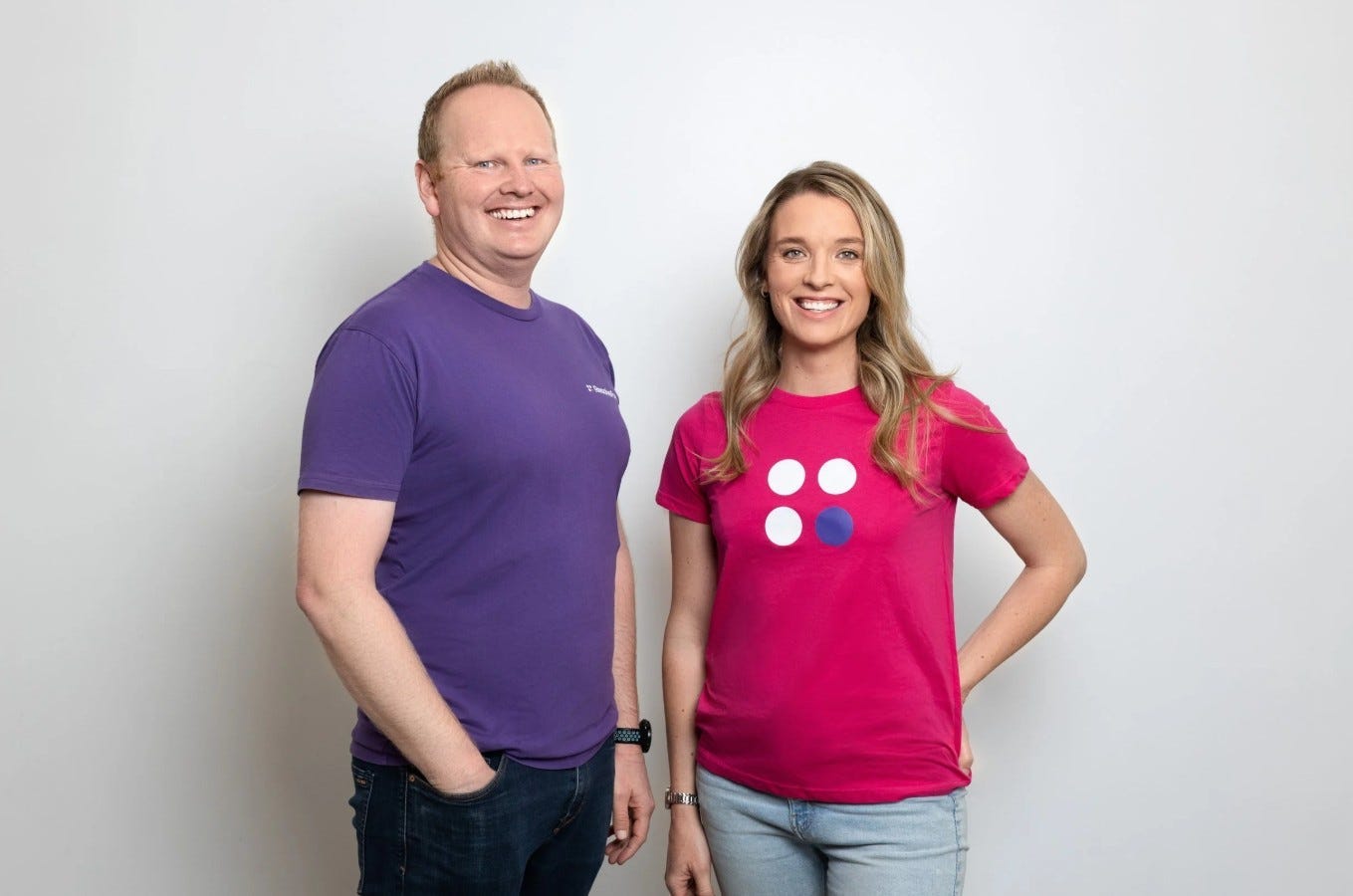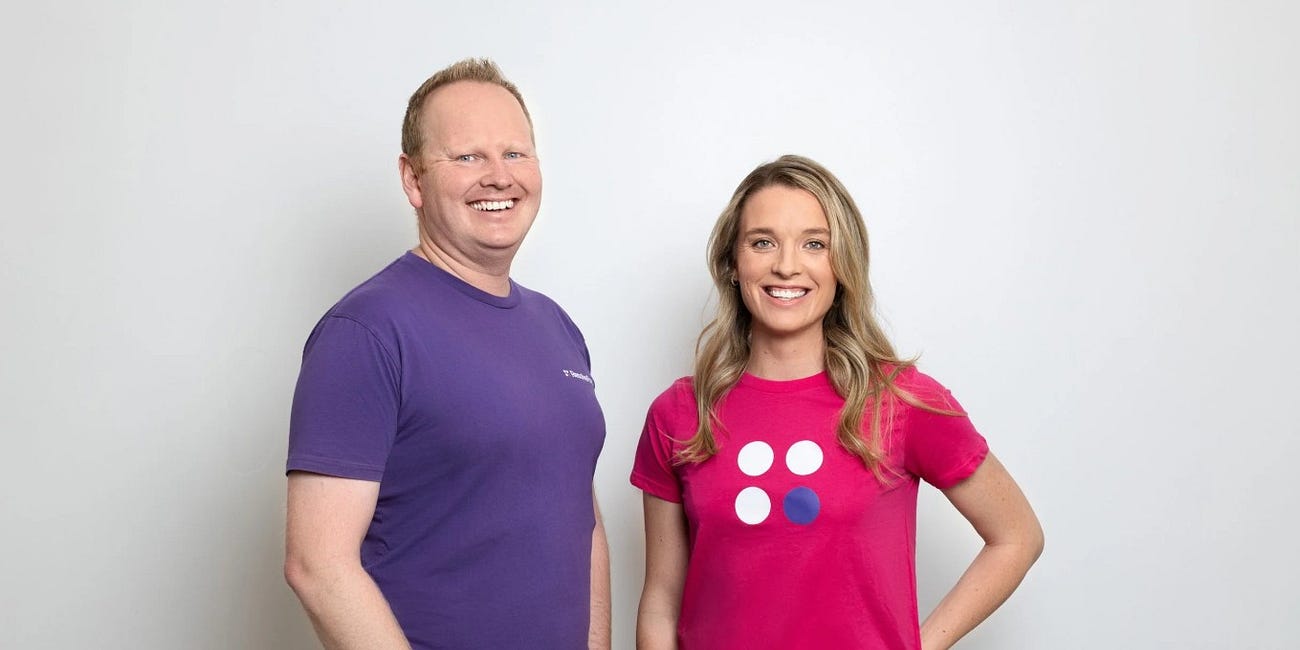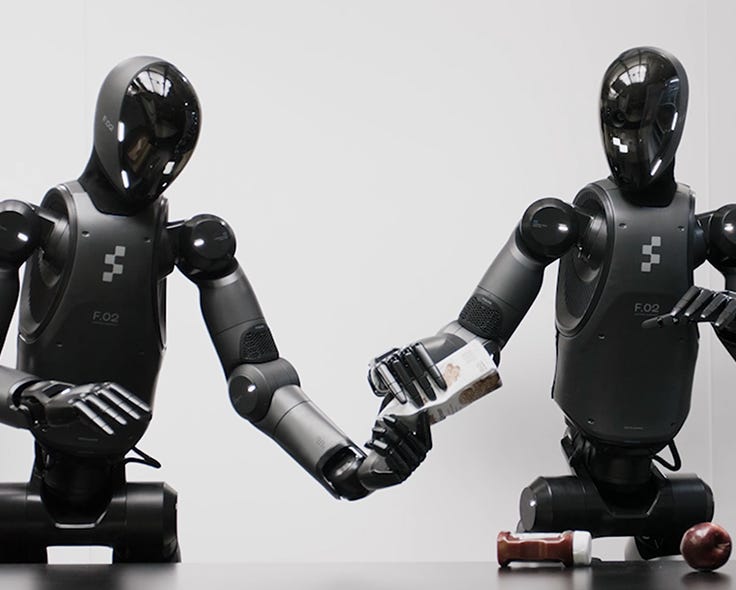ICYMI: Startup news and resources from the week that was
What you might have missed last week on Caffeine.
Welcome to Monday!
As always, on Monday we recap a few of our favorite stories or resources from the week that was then tomorrow kick back into our full newsletter from Tuesday.
Have a great start to your week,
Finn and the Caffeine team
NZ’s ‘smartest teen’ raises $9.5m for new AI startup: Put this in the ‘founders shockingly successful at an intimidatingly young age‘ file. Yang Fan Yun, who made headlines back in 2019 as NZ’s smartest teenager, has put those brains to use and is storming Silicon Valley with a new AI startup ‘Composite’.
Their product runs in your browser and learns to predict and automate a lot of the digital grunt work that many of us (me) spend most of our time doing. While there are plenty of people playing in this space, Composite have impressed some massive investors with their pitch to the tune of almost $10m NZD in their seed round. The round was led by Nat Friedman and Daniel Gross of NFDG, with participation from Menlo Ventures, Anthropic’s Anthology Fund and Icehouse Ventures.
While only coming out of stealth now, its already used by professionals at hundreds of companies including Google, Uber, Tesla, Salesforce, and Reddit. Great to see a success story like this and also love to see some local VCs getting in on the action. Yang actually interned at Icehouse Ventures one summer and clearly left an impression.
“Yang is the type of founder where the first question you ask is ‘Can we invest?’ And we did ask, multiple times. The second is ‘What are you working on?” said Icehouse Ventures CEO Robbie Paul.
“Composite first investment round was a deal that brought in the who’s who of Silicon Valley. The likes of Daniel Gross, who recently joined Meta’s AI Superintelligence lab, and former GitHub CEO Nat Friedman each became investors. 99.99% of founders could never get a call with people like that. Yang has done it in his first startup, well before his 25th birthday. There are plenty of super bright individuals in the world – but few that have the tenacity and commercial drive of Yang. We look forward to supporting him to build the Composite empire.”
When: Wed, 5 Nov 2025 5:15 PM - 7:00 PM NZDT
Location: Precinct Flex Britomart Place, Auckland
Caffeine Presents: Founders Brains on Tap - I love all of our events but this one I am particularly excited to announce. Caffeine and KNK are partnering to work through real founder challenges live on stage. Selected founders will step into the ‘clinic’, present their toughest problem, and have the masterminds of KNK unpack it in real time.
When you register, you’ll have the option to submit your own challenge. We’ll select three founders to feature on the night (with your permission of course).Everything is strictly run under Chatham House Rules.
Register here and remember to use your promo code CAFFEINEFRIENDS for a free ticket. Or send to your friends to get them a free ticket too.
About the speakers:Naomi Ballantyne is one of New Zealand’s most accomplished insurance entrepreneurs. After helping to found Sovereign and later leading ING Life, she saw a gap in the market for a modern, customer-focused insurer. In 2010, she built Partners Life from the ground up, starting with just a handful of people and a bold vision to disrupt the industry.
Alongside her, Kris Ballantyne has played a pivotal role in shaping Partners Life’s brand and customer experience, helping the company connect authentically with advisers and clients. Together, they scaled Partners Life into one of New Zealand’s leading life and health insurers, known for its innovation, culture, and commitment to doing right by customers. Music to everyone’s ears, right!
Their journey came full circle in 2022, when Partners Life was acquired by Dai-ichi Life Holdings, one of the world’s largest insurers, a major milestone that marked global recognition of what they’d built in New Zealand.
From startup grit to international success, Naomi and Kris’s story is a rare look at what it takes to build and scale a category-defining business from scratch. We are lucky enough to be running a founders clinic with both Naomi and Kris, where they will show you the type of service they are now offering to New Zealand companies through KNK Consulting.
Column: How to bootstrap and grow a company without VC - by Kathleen Webber - When you scroll LinkedIn or read the global tech headlines, it can feel like raising a big VC round is the only “real” way to start a company. The big team photos with champagne, the celebratory posts, the headlines — it is exciting and inspiring. In New Zealand, that story often does not match our reality. The majority of Kiwi businesses will never raise VC. That is not a bad thing.
I have built two companies without it so far, ResolvePay and LiveRem, and I want to share what that is actually like, what we have learned, and how you can do it too.
This is not an argument against venture capital. For some companies, it is exactly the right path. It is not the only path, and I think it is worth normalising the choice to build something lean, profitable, and customer-led without giving away large chunks of equity.
At the heart of it for me is one idea: respect for money. When you bootstrap, it is your own cash or sweat equity on the line. That forces a discipline that never leaves you. If we ever take investment, we will treat that money with the same respect we treated our own.
Read the full column in the link below
Famed roboticist slams humanoid robotics boom as ‘pure fantasy’: I know I can occasionally fall victim to hype cycles in emerging tech (wouldn’t be in this business if I couldn’t) so I think it’s important to highlight the more sceptical voices on occasion. While billions of dollars in investment is flowing into the field of robotics alongside the AI boom, one famed roboticist is warning of a bubble. Rodney Brooks, iRobot founder and leading thinker in the field has called the dream of dextrous human robots replacing human workers (like those seen above) ‘pure fantasy thinking’.
He’s penned a fairly scorching essay which raises some very salient points. For one, no matter how complex we make the inner machinery of a robotic hand, it will be almost impossible to replicate the incredible array of touch sensors that humans have crucial to the kind of delicate work a humanoid robot would need to do in order to be truly useful.
A more simple but equally important issue - how do you make a bipedal robot safe to be around when it falls? The dream of humanoid robots walking the streets starts to feel shaky when you consider the inevitable case of them tripping, falling and causing serious harm to either people or property when they land. Check out the full essay here.
Want to get in touch with a news tip, a slice of feedback or just to chat? Email hello@caffeinedaily.co









